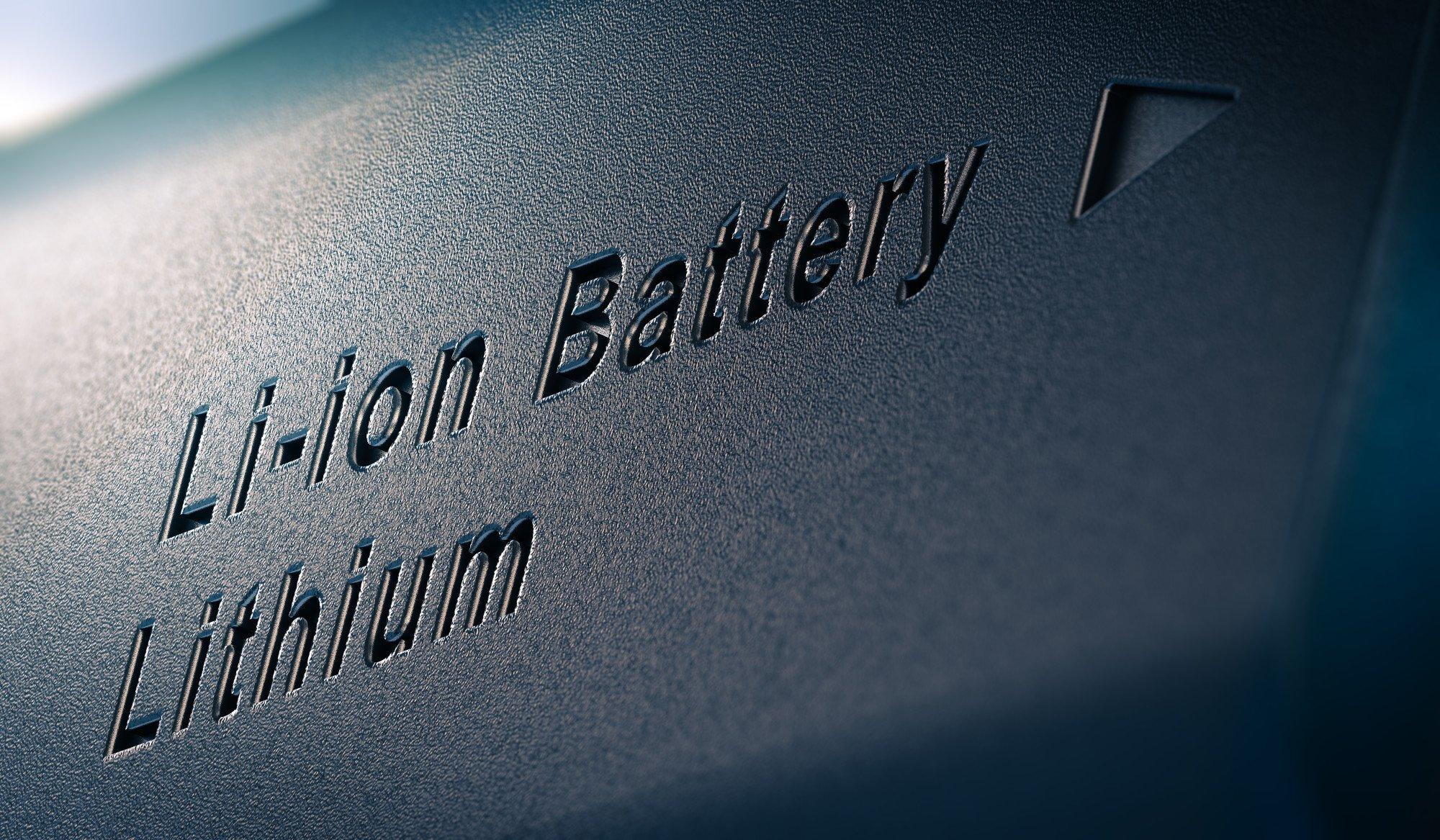A September 14th strike looms as negotiations between the United Auto Workers union and Detroit’s Big 3 automakers remain unproductive. Unless a new labor contract is agreed upon by both sides, Ford, General Motors, and Stellantis are prepared to take a significant financial hit.
The September 14th walkout date, imposed by union president Shawn Fain, is not set in stone. If talks progress before the deadline, the walkout may remain on hold until further notice. However, if the union does receive adequate concessions for wage increases and benefits, an economy-shaking strike is all but guaranteed.
“President Fain has declared war, and that usually means there’s going to be a battle, and that battle would be a strike,” Auto Forecast Solutions VP of global vehicle forecasting Sam Fioriani said. "The UAW leadership is in a position now where they have to prove to the members that they are fighting for them, so it's pretty unlikely there won't be a strike."
In 2019, General Motors auto workers walked out for 40 days before a resolution. The financial hit was significant for both the automaker and the Midwestern economy. A mass Big 3 walkout may be less a Midwest problem than a US one.
“If that happens, even a short strike would impact economies throughout Michigan and across the nation,” Anderson Economic Group chief executive Patrick Anderson said.
Part of the reason why a strike appears imminent is Fain himself. The new UAW president replaced the incumbent last year with promises of a more aggressive negotiation approach. He's unlikely to back off his September 14th without significant movement in talks. If he did so, he'd immediately alienate the base that lifted him to the presidency in the first place.
“I know this update is infuriating, and believe me when I say I’m fed up,” Fain said of the stalled talks. “Our goal is not to strike. Our goal is to bargain a fair contract, but if we have to strike to win economic and social justice, we will.”
Back in August, Fain delivered a list of demands to Detroit's Big 3. UAW's stated demands include wage increases (suggested as high as 40 percent), regular cost-of-living pay bumps, balanced tenure-based pay scales, and improvements to benefits. In addition, the UAW brain trust calls for a provision that would guarantee paid community service to auto workers affected by plant closures.
“The manufacturers can absolutely afford some of those demands, but the more they get, the less competitive the companies are going to be,” Sam Fioriani said.
Fain called a recent Ford offer “insulting.” The UAW balked at the automaker’s concessions of 9-percent wage increases and one-time lump sum payments -- especially considering how far the sides are apart on other issues such as temporary employees, cost-of-living bumps, and health care for retirees.
The UAW president has also filed an official complaint with the National Labor Relations Board, citing a lack of counteroffers from Stellantis and GM as proof of a bad-faith negotiation approach.
Stellantis responded to Fain’s complaint in an official statement, expressing disappointment that Fain “is more focused on filing frivolous legal charges than on actual bargaining.”
“We will vigorously defend this charge when the time comes, but right now, we are more focused on continuing to bargain in good faith for a new agreement,” the statement added.
General Motors VP of global manufacturing Gerald Johnson expressed that the company is “surprised by and strongly refutes” the charges in UAW’s official complaint.
“We will vigorously defend this charge when the time comes, but right now, we are more focused on continuing to bargain in good faith for a new agreement,” Johnson said.
A recent discussion between Stellantis representatives and Fain went badly. After the Detroit automaker countered the UAW's demands with cost-concession demands, the union president took to Facebook to trash the document on video. Couple this demonstration with the dozens of union rallies popping up, and it's clear that the UAW is unprepared and unwilling to back down anytime soon.
"I think the membership is energized," GM battery tester Christine Bostic said. "The facts are on our side. If it comes to a strike, I'm ready for that."
According to an Anderson Economic Group report, a ten-day walkout across Detroit’s Big 3 will result in nearly $1 billion in losses for manufacturers and $859 million in wage losses. To counter the blow to its union members, the UAW has put together an $825 million strike fund that promises weekly wages of $500 to those on strike plus full coverage of health insurance premiums.
As it stands, there is plenty of leverage on the UAW's side. Detroit's Big 3 have declared record profits over the last decade, buoyed by shifting consumer tastes and previous union concessions. In the first half of 2023, the Big 3 collected over $20 billion in combined earnings. Now, the 150,000 United Auto Workers union members are coming to collect, using the automakers' recent successes as a key bargaining chip.
A recent Energy Department promise of $10 billion in loans and $2 billion in grants to automakers willing to make the manufacturing switch from gas-powered vehicles to electric and hybrid models. This influx of funds will significantly boost Detroit's Big 3 while cementing the union's position.
As of now, no news is troublesome news. Until negotiations go somewhere, a strike becomes less of a threat and more of an economic crisis.



